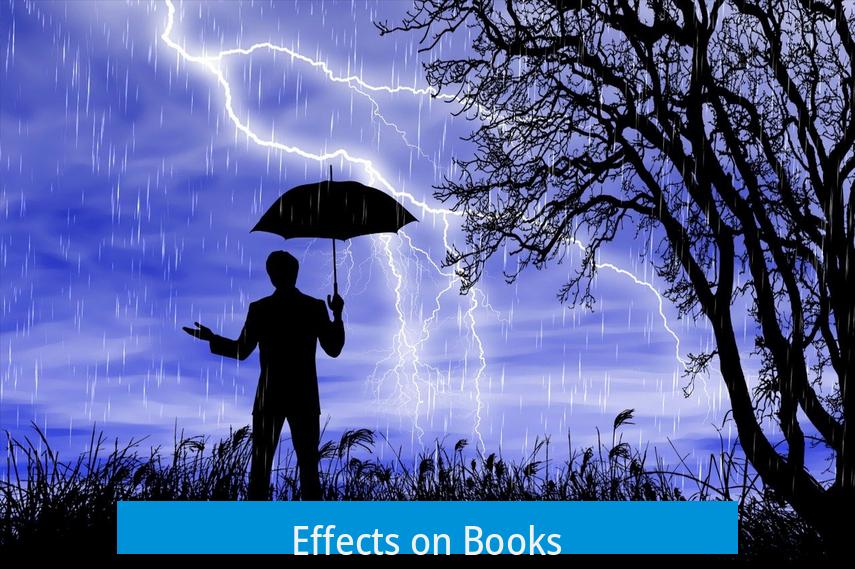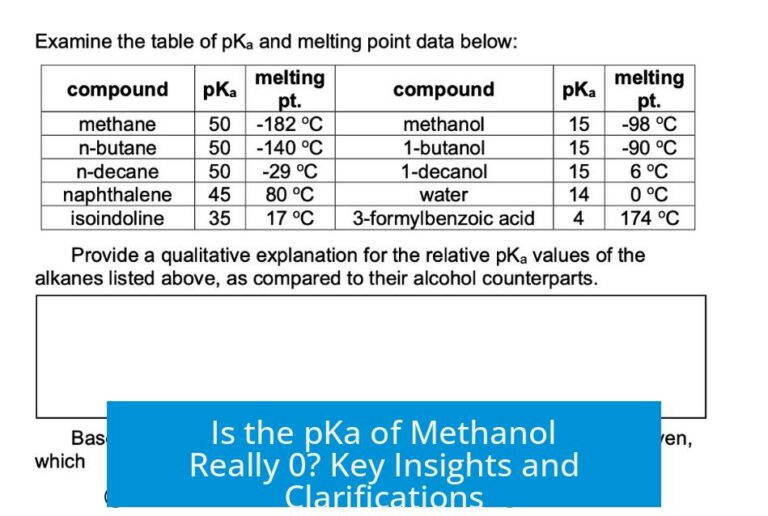Storm Glass Liquid on Books: Should You Throw Them Out?

If storm glass liquid spills on books, throwing them out is not always necessary, but damage is likely due to crystallization within the pages, which stiffens and harms the paper. The liquid itself is composed of ethanol, distilled water, camphor, potassium nitrate, and ammonium chloride. While these chemicals are not highly corrosive, their crystallization causes the main problem for books.
Understanding Storm Glass Composition
Storm glass liquid contains mainly distilled water and ethanol, with dissolved camphor, potassium nitrate, and ammonium chloride. These components are generally safe in small quantities and not strongly corrosive to paper. However, camphor can produce a strong minty smell that may cause headaches if inhaled in large amounts.
Effects on Books

- When spilled, the liquid seeps into the paper fibers.
- As it dries, the dissolved salts recrystallize inside the pages.
- This crystallization causes pages to stiffen and become brittle.
- Physical damage includes warping, stiffness, and potential page tearing.
The crystals do not chemically break down the paper but cause physical deformation that reduces the book’s usability and aesthetics.
Health and Safety Considerations
The components in storm glass are not toxic at typical exposure levels from spills on books, but care should be taken to avoid inhaling camphor vapors. It is wise to ventilate the area well after spills.
Cleaning and Disposal Options
There is no established method to safely rinse storm glass liquid from book pages without risk of further damage. Attempts to wet-clean paper can cause ink bleeding, page distortion, or mold growth.
If the book holds significant value, professional conservation advice may be necessary. Otherwise, if the crystallization damage is severe and cleaning is impractical, discarding the book could be the only option.
Key Takeaways
- Storm glass liquid ingredients are not highly corrosive but cause damage via crystallization in paper.
- Spilled liquid stiffens and harms pages physically rather than chemically breaking them down.
- Camphor in the liquid can cause headaches due to its strong odor.
- Cleaning soaked books is difficult; professional help may be required for valuable items.
- If cleaning is impossible and damage severe, throwing the book away might be necessary.





Leave a Comment